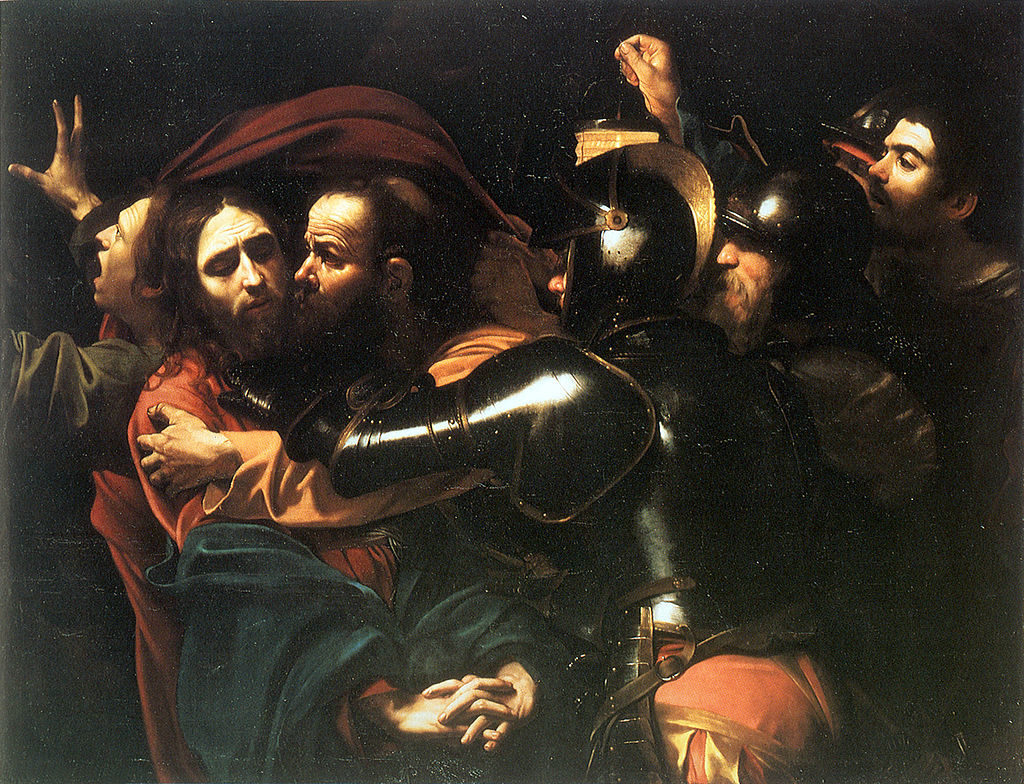What Jesus’ Arrest Tells us About Those Critical of the Church
One of the aspects of the Passion narrative that initially confused me was Judas’ betrayal with a kiss. Why was the kiss to identify Jesus in the garden of Gethsemane necessary? Wouldn’t the soldiers sent to arrest Jesus know what he looks like? After all, they arrested Jesus because of the threat He supposed posed. […]
What Jesus’ Arrest Tells us About Those Critical of the Church Read More »


